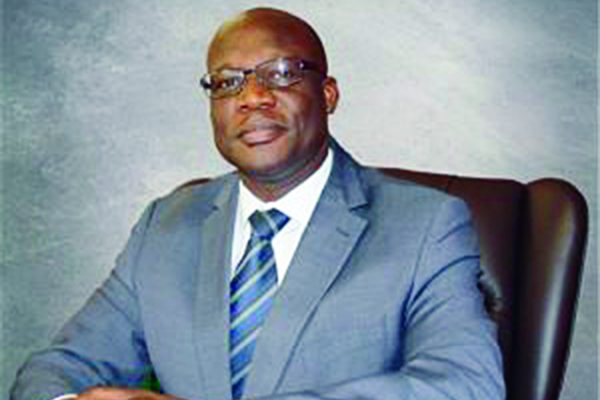
THE Ministry of Health and Child Care has been failing to pay suppliers of goods and services due to government’s failure to release its budgetary allocations resulting in outstanding payments shooting up to $70 million in 2016.
By VENERANDA LANGA
The Health ministry has also been failing to follow up on its creditors resulting in the amounts owing shooting up to $50 million.
This was revealed in a post audit report by the Paurina Mpariwa led Public Accounts Committee (PAC) which works with the Auditor General Mildred Chiri to expose poor accounting practices by ministries, public entities and local authorities.
The report exposes the vulnerability of hospitals at a time when members of the public are failing to get medication after diagnosis of diseases.
“The audit observed outstanding payments to suppliers of goods and services amounting to
$46 254 732 and some of the amounts date as far back as the 2012 financial year. The figure shot up to $70 112 498 in 2016, which is an indication that the ministry might incur litigation costs in the event suppliers consider legal action.
“In the event that suppliers also consider demanding cash upfront for supplies, there would be serious repercussions considering that the ministry offers services which concern the lives of the people,” Mpariwa said.
- Chamisa under fire over US$120K donation
- Mavhunga puts DeMbare into Chibuku quarterfinals
- Pension funds bet on Cabora Bassa oilfields
- Councils defy govt fire tender directive
Keep Reading
The ministry’s permanent secretary Gerald Gwinji appeared before the PAC where he said outstanding payments of up to $70 million were caused by late release of budgetary allocations by Treasury.
“Gwinji said the funding sources were not in a position to cover basic hospital operations, adding that its creditors stood at $50 million and the figure increased each year by over $10 million while budget allocations to the ministry were averaging $14 million. The ballooning debt will in the long run impact negatively on the supply chain to hospitals,” the report reads.
Excuses given by the ministry for the discrepancies were that the employment freeze had affected the accounting department.
The audit report by Chiri noted serious discrepancies such as misuse of equipment at certain hospitals.
“The audit observed that equipment worth $295 553 which was purchased for Ngomahuru Hospital for the mentally challenged had been lying idle for the past three years. A similar observation was made for various pieces of equipment purchased under the $3 million targeted approach for the Mutare Provincial Hospital. Furthermore, the ministry did not pay suppliers of equipment totalling $3 492 642,” the committee said.
Gwinji said equipment at Ngomahuru hospital was diverted to Victoria Falls hospital at the time of delivery, following an urgent need necessitated by the hosting of the United World Tourism Organisation Conference in 2013.
“After hosting the event, the equipment got damaged during the transfer back to Ngomahuru hospital. When approached for repairs the supplier of the equipment did not respond positively as he was owed money by various hospitals. The equipment has been lying idle since that time,” Gwinji told MPs.
The $3 million Mutare hospital equipment was purchased using funding from the Department for International Development. It was supposed to be for Masvingo Provincial Hospital, but was re-directed to Mutare Provincial Hospital after the realisation that the equipment was steam driven, yet Masvingo Provincial Hospital had no steam powered boilers.
“On delivery of the equipment at Mutare Provincial hospital, the boilers broke down and it was discovered that they needed a complete overhaul.
Funds to the tune of $100 000 to resuscitate the two boilers were released but no competent bidder came forth, hence the equipment could not be commissioned,” the report read.
The PAC also expressed concern over failure by the ministry to take due care of government assets at a time when most hospitals were critically under-capitalised and failing to deliver critical services.
Masvingo Provincial Hospital was also said to have incurred expenditure of $57 411 in rented accommodations for doctors, a transaction which was also done without approval by Treasury or the ministry’s accounting officer.
MPs also expressed concern over weak internal controls in the management of medicines where in some instances Kwekwe District Hospital failed to account for some medicines, while Tsholotsho District and Gweru provincial hospitals were operating without essential medicines as a result of poor prioritisation and weak controls on medicines management, as well as pilferage.











